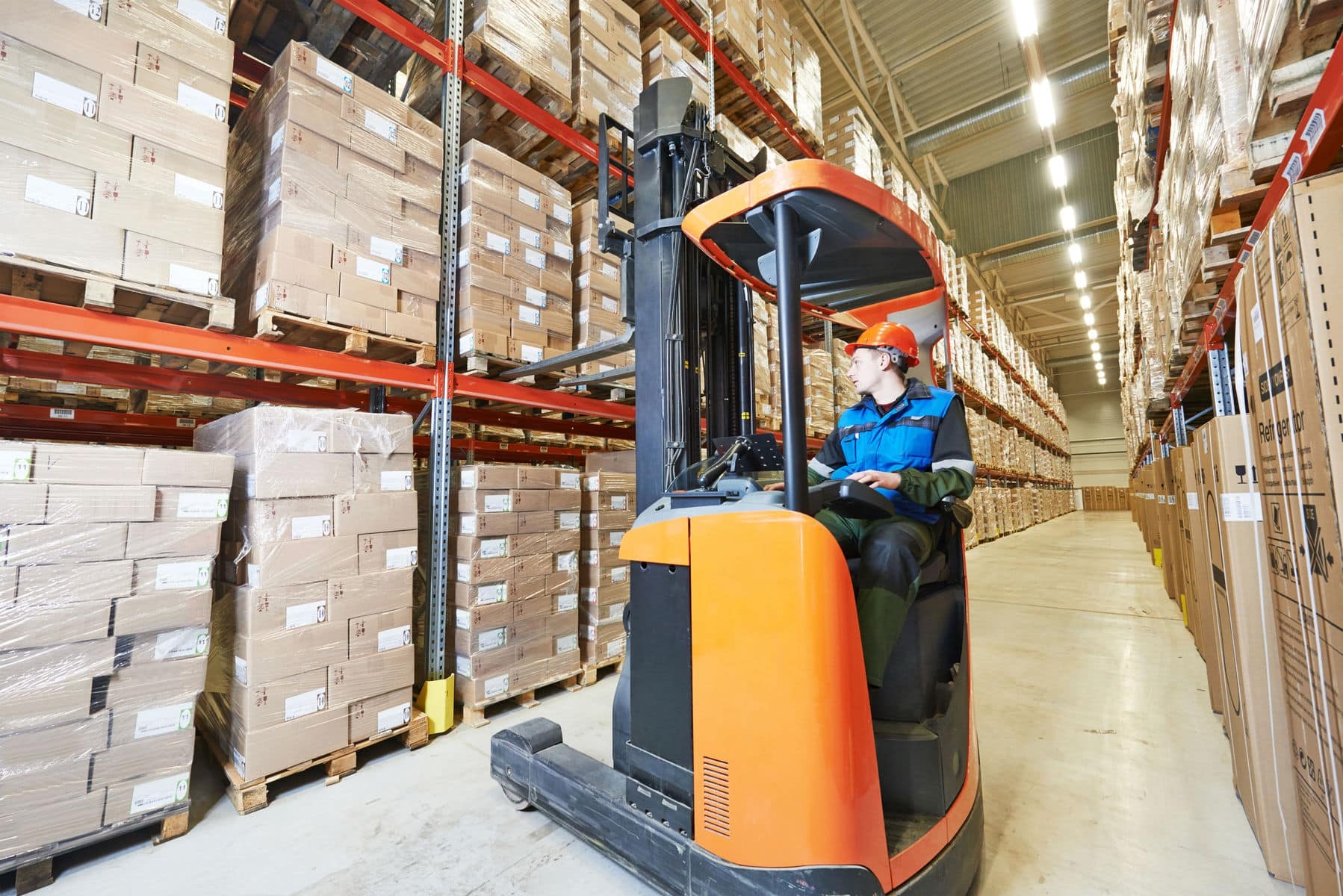As contractors, you're likely all too familiar with the variety of prequalification questionnaires and health and safety certifications required to bid on certain projects. One of the most widely recognised accreditations in the industry is the Safety Schemes in Procurement (SSIP) certification. Whether you're new to the SSIP process or looking to enhance your understanding, this article will provide you with the insights needed to navigate the SSIP landscape.
What is SSIP?
SSIP is not a standalone assessment scheme, but rather an umbrella organization that brings together various health and safety prequalification schemes. The industry commonly uses the term "SSIP certification" as a generic reference to the health and safety accreditations awarded by SSIP Forum members, such as CHAS, Acclaim Constructionline, Safe Contractor, and others. You can find the full list of SSIP Forum members by clicking this link: SSIP Members < https://ssip.org.uk/members/ >.
Legislation behind SSIP
The CDM Regulations laid the groundwork for the SSIP Forum's mutual recognition system, which was then further reinforced by the incorporation of SSIP prequalification into the PAS 91 construction industry standard. The HSE's involvement and recognition of SSIP certification as meeting the Core Criteria were instrumental in the development and success of this collaborative approach to construction industry health and safety competence assessment.
Why is an SSIP certification Important?
Many clients, especially in regulated industries, require their contractors to be SSIP accredited. SSIP accreditation can give you a competitive edge when bidding for contracts, as it demonstrates your dedication to safety and compliance.
The SSIP process involves thorough assessments of your safety policies, procedures, and performance, helping you identify and mitigate risks in your operations. An SSIP certification can help you reduce redundant paperwork when proving your health and safety standards and commitment, as it is recognised across multiple similar procurement prequalification schemes.
What is Deem to Satisfy?
Deem to Satisfy is a certification system that allows contractors who are already SSIP certified to easily obtain certification from other SSIP Forum members, reducing the need for duplicate assessments and at a lower cost.
To start, contractors must first obtain SSIP certification from a SSIP Forum member. This involves a thorough assessment of the contractor's safety policies and practices.
Once contractors have a valid SSIP certification, they can make use of the Deem to Satisfy agreement to get certified by additional SSIP certification providers. This process does not require a full reassessment, saving the contractor time and money compared to undergoing a complete evaluation.
The Deem to Satisfy certificate application is a streamlined process, often just an online form. All SSIP Registered members agree to accept a current, valid approval by any other Registered member, provided the correct details are displayed on the SSIP Portal.
This mutual recognition system is particularly useful for contractors who work with multiple clients, as each client may require SSIP certification from a specific provider.
What does SSIP certification assessment require?
SSIP certification varies depends on the accredited bodies you choose. However, it mainly typically requires the following key elements:
Safety Policy and Management System:
Review of the contractor's written safety policy, which outlines their commitment to health and safety.
Evaluation of the contractor's safety management system, including roles, responsibilities, and procedures.
Risk Assessment and Control:
Assessment of the contractor's processes for identifying, evaluating, and managing health and safety risks.
Review of control measures and safe working practices implemented to mitigate risks.
Safe Systems of Work:
Evaluation of the contractor's procedures for ensuring the health and safety of workers, such as permit-to-work systems, method statements, and safe operating procedures.
Competence and Training:
Assessment of the contractor's processes for ensuring the competence of their workers, including training, supervision, and ongoing development.
Consultation and Communication:
Review of the contractor's methods for consulting with workers and communicating health and safety information.
Monitoring, Audit, and Review:
Evaluation of the contractor's systems for monitoring, auditing, and reviewing their health and safety performance, as well as their processes for continual improvement.
Accident and Incident Reporting:
Assessment of the contractor's procedures for reporting, investigating, and learning from accidents, incidents, and near-misses.
How can I get prepared for an SSIP certification?
The assessment is conducted by a specialist auditor who follows a detailed checklist to evaluate the company's practices and procedures. The auditor examines a wide range of elements, including safety policies, risk assessments, training records, and emergency response plans, among others. If a company can successfully demonstrate that it meets all the necessary SSIP criteria, it will be issued an SSIP certificate.
The assessment checklist covers various health and safety elements and aspects. It is beneficial to seek the support of a health and safety consultant, who can thoroughly review your existing safety policies, procedures, and documentation. They can identify any gaps or areas that need improvement to meet SSIP standards. The consultant can then collaborate with you to develop and implement the necessary systems and processes, ensuring you are fully prepared for the SSIP assessment.
During the on-site assessment, the consultant can guide you through the process, offering support and advice to help you successfully demonstrate your compliance with the SSIP requirements.





